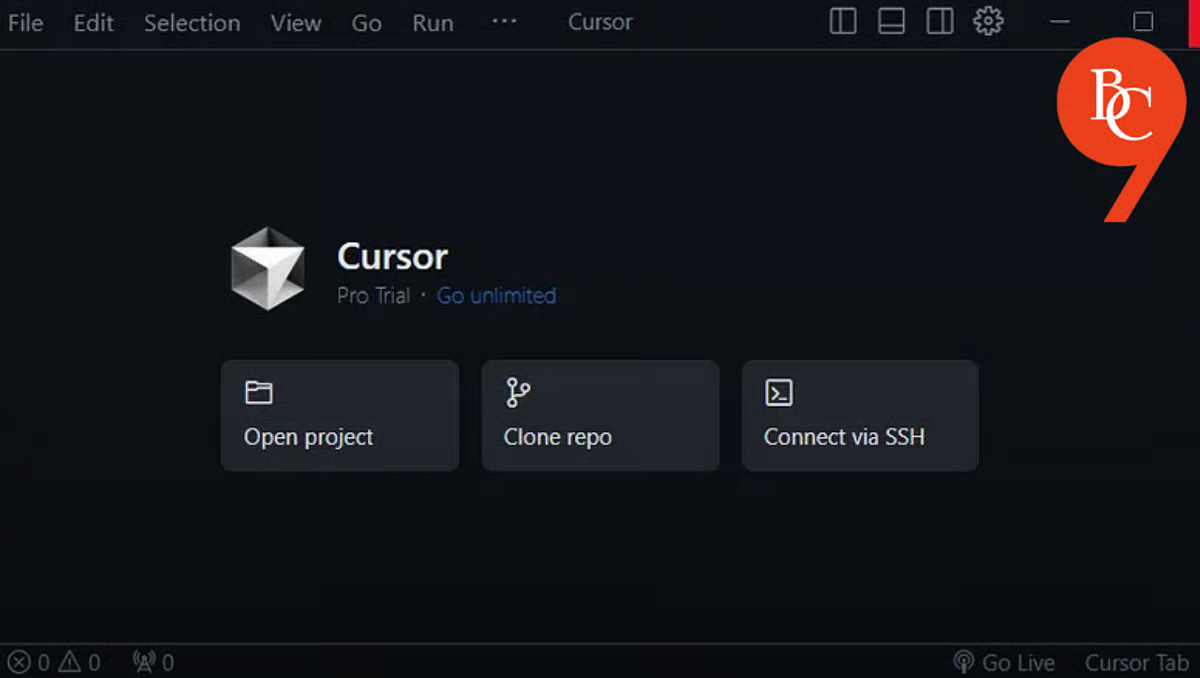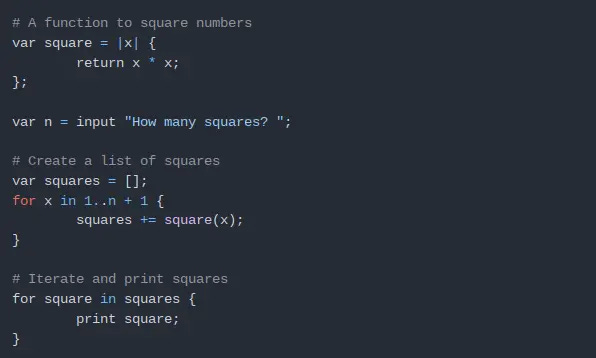What if creating a professional video for your business was as simple as a single click?
We're joined by Kabir Bedi, Head of Product for Image and Video Generation at Amazon Ads, to discuss how generative AI is making that a reality. He provides an inside look at Amazon's mission to democratize video advertising, empowering everyone from mom-and-pop shops to large enterprises with their innovative video generator that evolved from simply showing products to showcasing them in realistic, multi-scene lifestyle settings.
Kabir shares key insights into the engineering culture that powers this innovation, built on deep customer obsession and a dynamic, experimental mindset. He explains why bringing the entire team—including engineers and scientists—into direct conversations with users was a game-changer for their development process. Plus, listen as Kabir explains why a "learn and be curious" mindset is the key to thriving in this new landscape of AI-driven product development.
“We brought the entire engineering and the science team right in front of customers because we wanted the entire team to hear the feedback from the customers first hand... bringing engineers as well as scientists into the room with customers was a game changer.”
The Download
The Download is your weekly tech gossip column for engineering leaders. 📰
1. Cursor's refreshing hiring approach with no AI, just real work 🛠️
Cursor is turning heads with their unique hiring playbook, where candidates are onboarded and immediately dive into real projects, no coding tests or AI assessments in sight. This hands-on approach emphasizes communication and problem-solving over traditional interviews, and is an insightful glimpse into how AI-defining companies are forming their teams.
Read: Cursor’s Bold Hiring Playbook
2. Sports-sized salaries hit the tech world💸
The AI world is having its own free agency frenzy, with Mark Zuckerberg reportedly offering engineers athlete-sized contracts—including signing bonuses over $100 million—to lure them away from OpenAI. These nine-figure deals signal a new era where the most valuable players aren't just on the field, but are the ones building tomorrow's technology. Yet, none of OpenAI's top talent took the bait, proving what LinkedIn user Ali Shahnawaz aptly reminds us: “you can’t buy conviction.”
Read: Sam Altman says Meta tried and failed to poach OpenAI’s talent with $100M offers
3. Meta’s incognito-bypassing localhost tracking exposed 🔍
It turns out Meta's been up to some shady business with a technique dubbed "localhost tracking," which bypasses even Android’s privacy protections to identify users, even in incognito mode. It works by undermining the very trust we all have in the Facebook tracking pixel scattered across 30%+ of websites. This could cost them a whopping $32 billion in fines under various privacy regulations. Maybe it’s time to hit that uninstall button on the Meta apps. Check out this recap from
of .4. The joy of toy software 🎮
Joshua Barretto's latest article celebrates the joy of building "toy software" projects, from regex engines to game emulators. These projects not only spark creativity but also serve as stepping stones for developers honing their skills. While the author argued against using AI in these endeavors, we’d love to know your take: should AI be part of the tinkering, or is it better to go solo when building toys? What if we meet halfway, and only use the LLM in something like Anthropic’s Learning Mode?
Read: Writing Toy Software Is A Joy
Ready to streamline your developer experience? 🛶 (sponsored)
Check out our latest guide on the 6 trends in AI-driven software development, in collaboration with LinearB. Packed with insights from our community of 20K+ engineering leaders, this is your roadmap for building the AI-driven team of tomorrow.
Discover how to tackle the biggest bottlenecks your team faces during AI adoption and turn scattered tools into orchestrated AI systems.
5. API sprawl is the silent productivity killer 🚧
The State of API Orchestration report just dropped this morning from Apollo GraphQL, and reveals some standout stats, like 76% of enterprises are struggling to implement quick changes due to rigid infrastructures, and less than 30% can test software without cross-team coordination. As organizations scale their AI workloads, effective API orchestration becomes not just beneficial, but mandatory. If your team is struggling with these bottlenecks, it might be time to rethink your approach before rushing to generate more code. Stay tuned for our upcoming interview with Matt DeBergalis, the CTO of Apollo, where we’ll dive deeper into these insights.
Read: API Orchestration: Where Developer Agility Meets Business Impact









